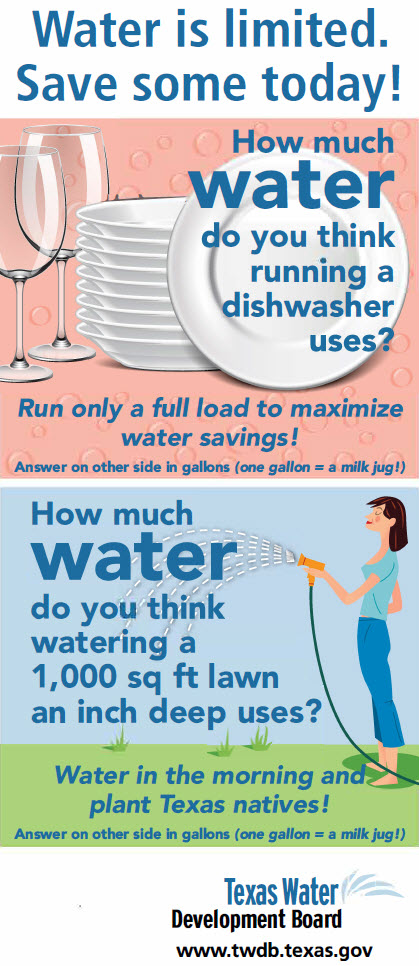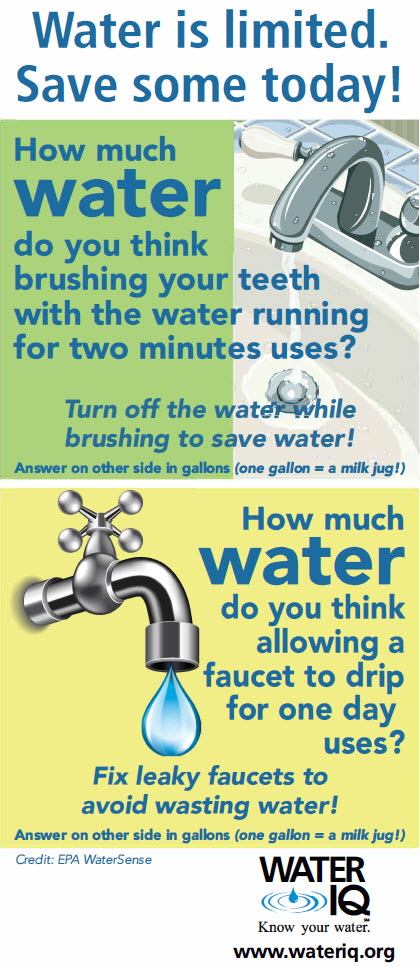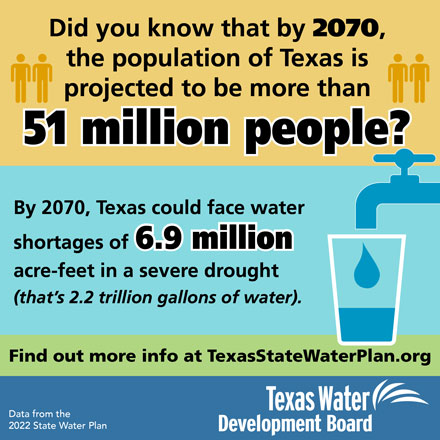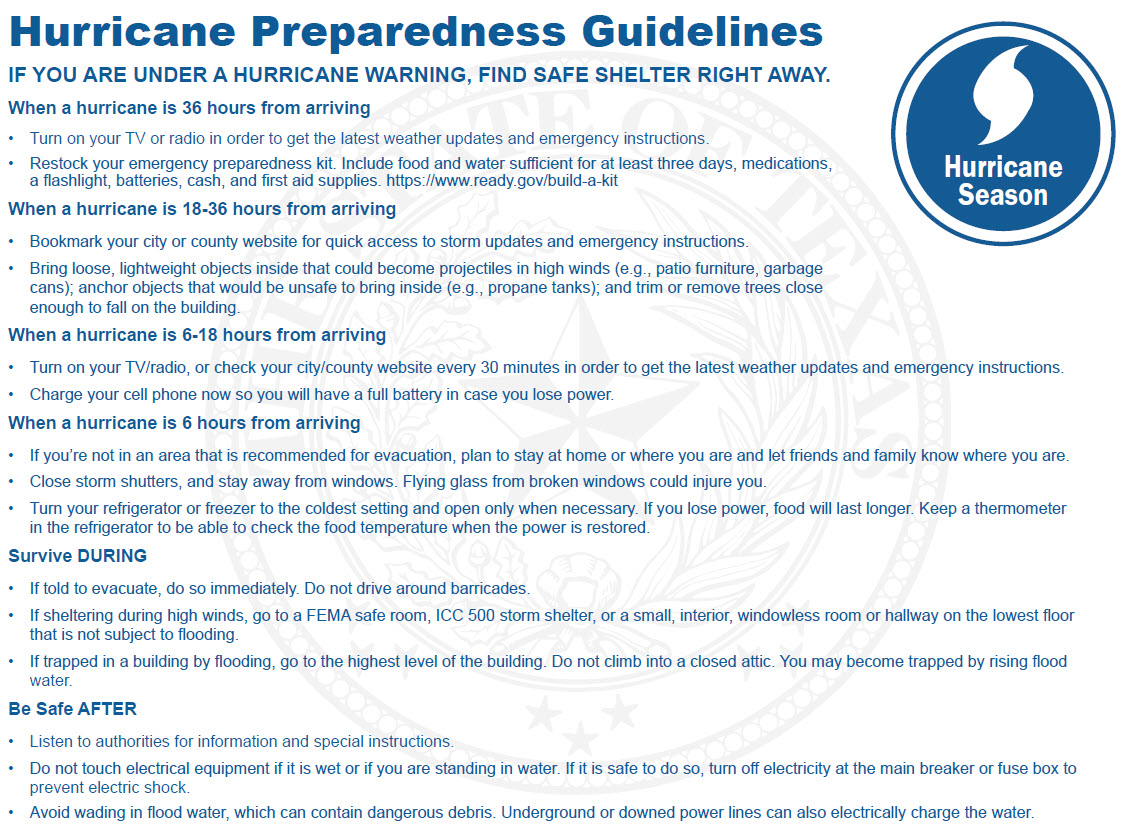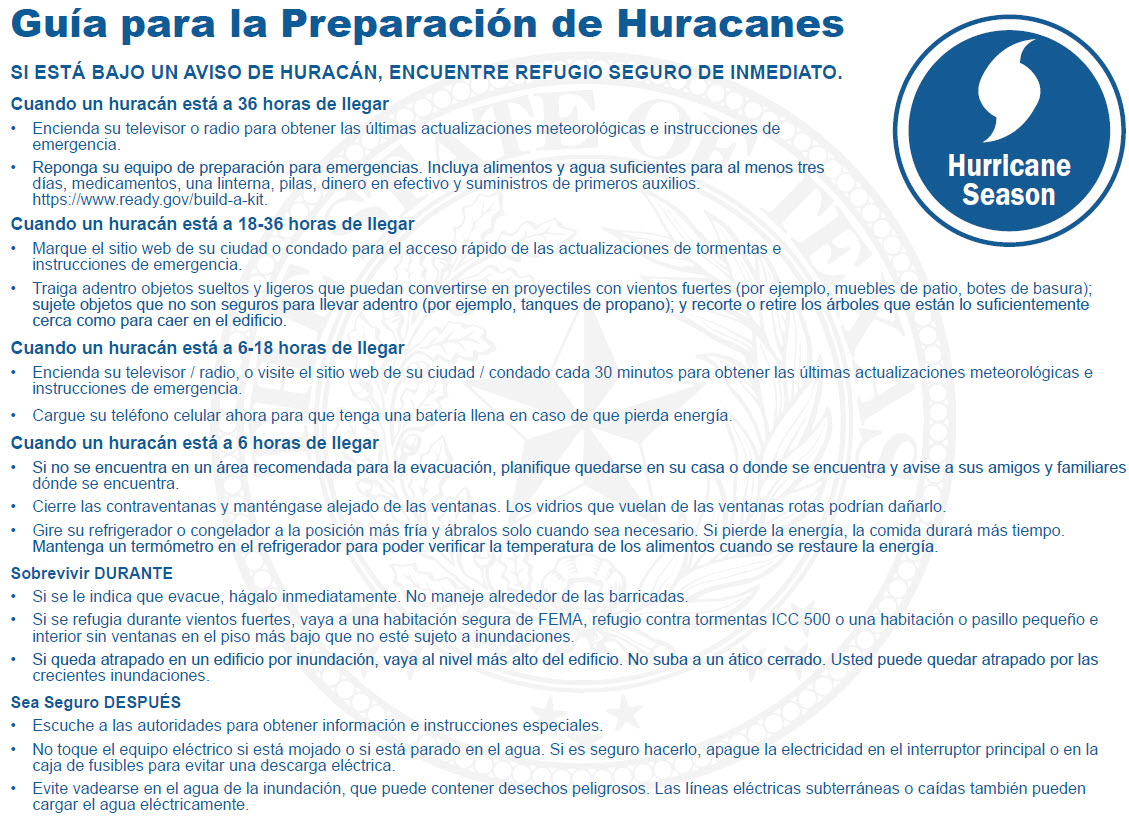Rain Garden
Troop 152016 Silver Award Project
Cori Weitzel and Kailee Briones
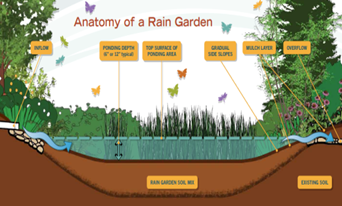
What is a rain garden?
A rain garden is a depression in the landscape designed to catch and filter the rain water that runoff your roof, driveway, walkway, compacted lawn areas and other impervious surfaces
How it benefits the environment?
- It brings down flooding streams and overflow drains.
- Stops pollution sediment on our waterways.
- It provides a habitat for wildlife.
Where to place a rain garden?
A rain garden is best located in a natural depression (where water flows naturally). They should be sited at least 10 feet from a house or building. While they should not be next to building foundation, rain gardens near impervious surfaces such as driveways, patios and sidewalks help capture the runoff from these areas. Sites with steep slopes may not be suitable for rain garden.
Here are the plants we used in the rain garden:
- African Iri
- Big Muhly Grass
- Butterfly Weed
- Button Bush
- Coneflower
- Esperanza
- Gulf Coast Penstemon
- Gulf Muhly Grass
- Mexican Feather Grass
- Pentas
- Salvia
- Wine Cup
Special thanks to:
- Susan Knight, Our Troop Leader and Project Advisor
- Jaime Benoliel, Project Advisor from MUD 118
- Rick Haddock, 7 GEN Planning Landscape Engineer
- Josh Wailes, Mike Stones Associates
- Enchanted Garden
This project wouldn’t have been possible with out your time, cooperation and contribution.













